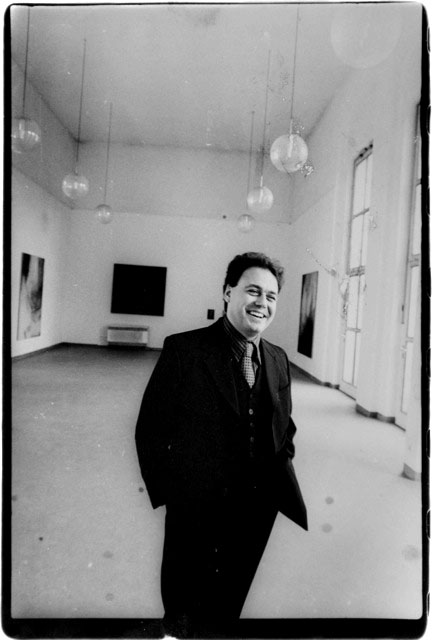
“You begin to learn to heal the living by dismantling the dead..."
Christine Montross, author of Body of Work: Meditations on Mortality from the Human Anatomy Lab.
This quote somehow resounds in my head; it resounds to a point where the words morph into images and those images are Anton Grech’s corpus opus.
Caravaggio, Michelangelo or even Leonardo da Vinci, defied religion and state by digging up or stealing bodies from graves and churches, which they dissected by candlelight in their quest for knowledge and insight concerning the human form.
Grech’s method does not verge on the unwholesome or morbid, yet his evident thirst to dissect the human form, and indeed morph it, crossbreed it and recreate it anew, reveals the creator, inventor and scientist within.
He does not paint pretty pictures. His sculptures possess no classical or convential beauty. Convention simply does not feature in his oeuvre. Despite this, his work has a refined and distinct aesthetic which compels to a point of fascination, curiosity, bewilderment, awe.
His work is sublime. Pure and raw.
But it’s not all in the result. His process of conceptualisation and creation is vital and painstakingly recorded; each discovery or experiment a tool which will make its way into being. Through deep scrutinisation; through the dismantling and dissecting of the ‘original’ form; through analyses of surfaces, materials and most importantly, subjects – life, nature and self, take on new meaning.
Grech shares the preoccupation of other creators, yet he is not content with superficial likeness or representation. Verging on the macabre, grotesque or even alien, Grech’s forms flicker between life and death, motion and stagnation, reality and fantasy.
He re-injects life into legend and myth; gives new meaning to age-old tales; his forms – part human, part cyborg – are fused, destroyed; their remnants reproduced to enable the renewal of the creative and evolutionary cycle.
His forms are nevertheless rife with human emotion: that singularly fundamental aspect of humanity which breaks and penetrates the intriguingly tenebrous aura imbued within Grech’s work. Athough abstracted and often brought down to a bare semblance of anything our senses can clutch onto, Grech’s forms are evident products of pain, grief, anguish, retribution; but also of reconciliation and resolution.
The struggle is palpable, the outcome is not.
Lisa Gwen
photo by Bernd Jansen